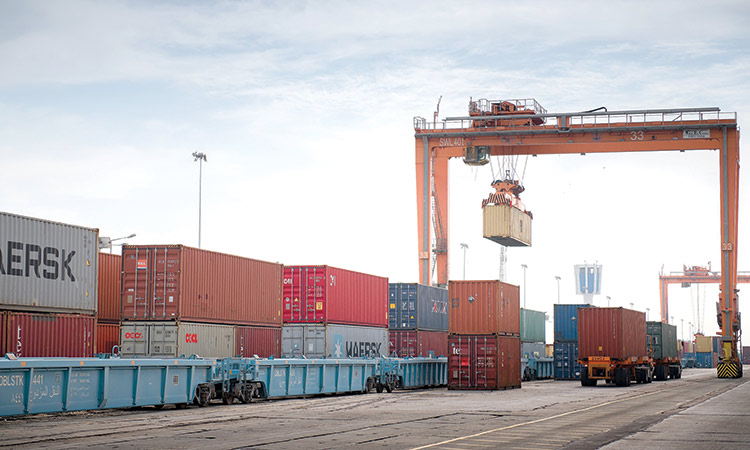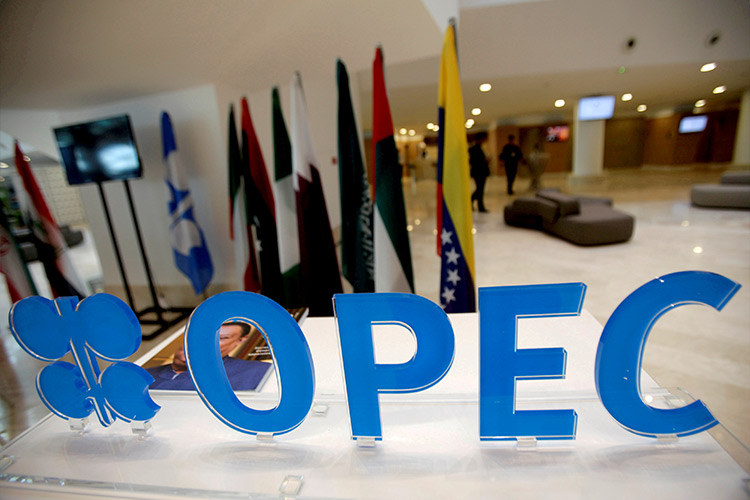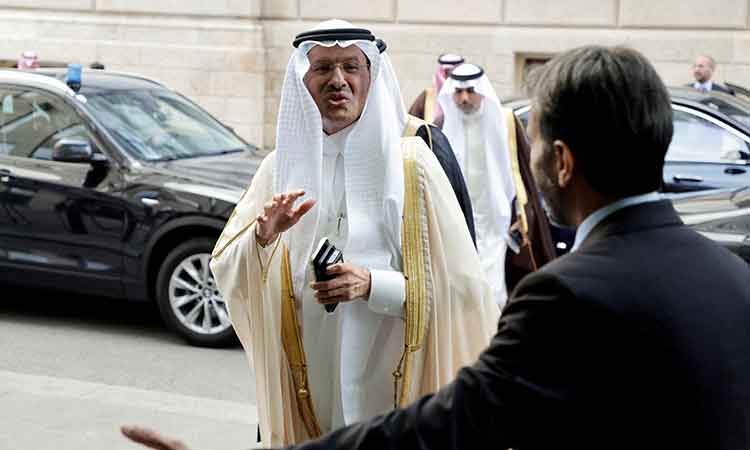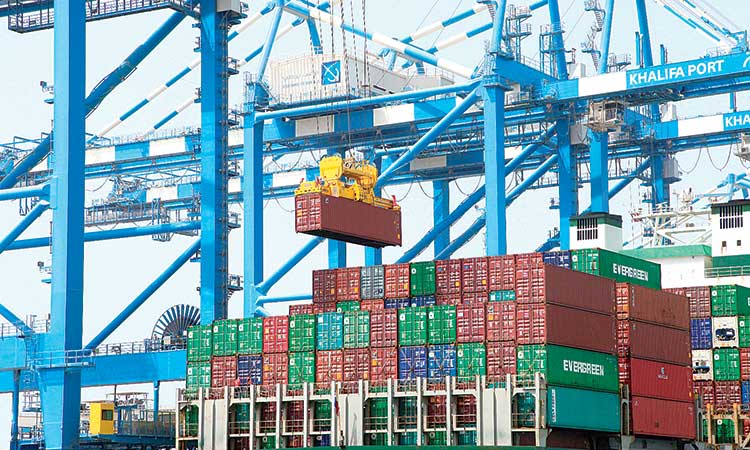Riyadh to ‘stabilise’ oil market, says minister
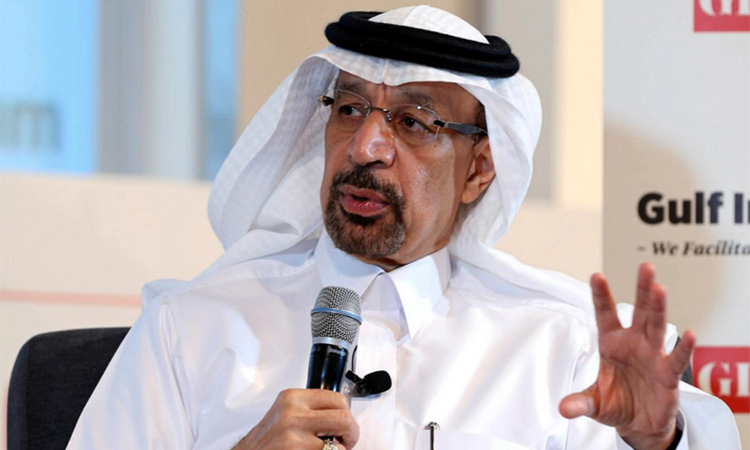
Saudi Energy Minister Khalid al-Falih speaks during the Gulf Intelligence Saudi Arabia Energy Forum in Riyadh. File
The kingdom reaffirms its longstanding policy, which seeks to stabilise the markets at all times,” he said in a statement carried by the official Saudi Press Agency.
“The kingdom will coordinate with other oil producing countries to ensure adequate supplies to consumers,” he added.
The White House on Monday announced it will no longer grant reprieves from unilateral US sanctions on Tehran, in order to “bring Iran›s oil exports to zero”.
Eight countries intially given six-month waivers include China, India and Turkey.
The Saudi energy minister said Riyadh was “following closely” market developments.
Riyadh will work with both producer and consumer countries to ensure “market stability in the interest of both parties and the growth of the world economy,» Falih said.
The White House has said Saudi Arabia and the United Arab Emirates − close US allies − would work to make up the difference in oil to ensure that global markets are not rocked.
Meanwhile, crude oil jumped almost 3% on Monday after the United States said it will tighten a clamp-down on Iranian oil exports in May while US equities were little changed as Wall Street braced for corporate results in a busy earnings week.
The dollar was little changed against a basket of currencies in thin holiday-impacted trading as gold held above a near four-month low on support from a weaker greenback.
The United States said it will eliminate in May all waivers that allowed eight countries to buy Iranian oil without facing US sanctions, a move that sent oil prices to 2019 highs.
The United States demanded a cut off of Iranian Oil exports to major importers like China and India who had been granted exemptions from sanctions, sending crude prices to six-month highs.
Secretary of State Mike Pompeo, in a briefing on Monday, said the aim was to halt Iran›s exports entirely, as it continues to pressure Tehran to curtail its nuclear program, ballistic missile tests and support for conflicts in Syria and Yemen.
The United States reimposed sanctions in November on exports of Iranian Oil after US President Donald Trump unilaterally pulled out of a 2015 nuclear accord between Iran and six world powers last May. After renewing sanctions, it granted waivers to eight major buyers for a six-month period, which ends in May.
“We are going to zero. We›re going to zero across the board,» Pompeo said, adding that the United States had no plans for a grace period beyond May 1 for countries to comply. He said the aim is to deprive Iran of its lifeline of $50 billion in annual Oil revenues.
The international Brent crude Oil benchmark rose to more than $74 a barrel on Monday, highest since November.
Following sanctions, Washington granted waivers to eight economies that had reduced purchases of Iranian Oil, allowing them to continue buying without incurring sanctions for six more months. They were China, India, Japan, South Korea, Taiwan, Turkey, Italy and Greece.
The United States had been deliberating during the past couple of months whether or not to renew some of the waivers while avoiding a spike in Oil and fuel prices that could hurt US consumers.
Brent crude, the global benchmark, rose as much as 3.3 per cent a barrel and was last up $1.98 to $73.95.
US West Texas Intermediate crude climbed by as much as 2.9 per cent to $65.87, the highest since Oct. 31. WTI was up $1.48 to $65.48 a barrel.
Gold steadied on Monday, holding above a near four-month low touched the previous session on support from a weaker dollar and expectations the United States would further restrict Iranian Oil exports.
Spot gold was little changed at $1,275.26 per ounce as of 10:28am. On Thursday, it touched $1,270.63, its lowest since Dec. 27. The market was closed on Friday.
US gold futures for June delivery rose 0.1 percent to $1,277.20 an ounce.
They (US) have taken an aggressive move by not extending the waivers. There are some geo-political risks and a bit of safe-haven demand» for gold, said Bob Haberkorn, senior market strategist at RJO Futures.
He said a weaker dollar and lower equities were also supporting bullion.
Agencies
